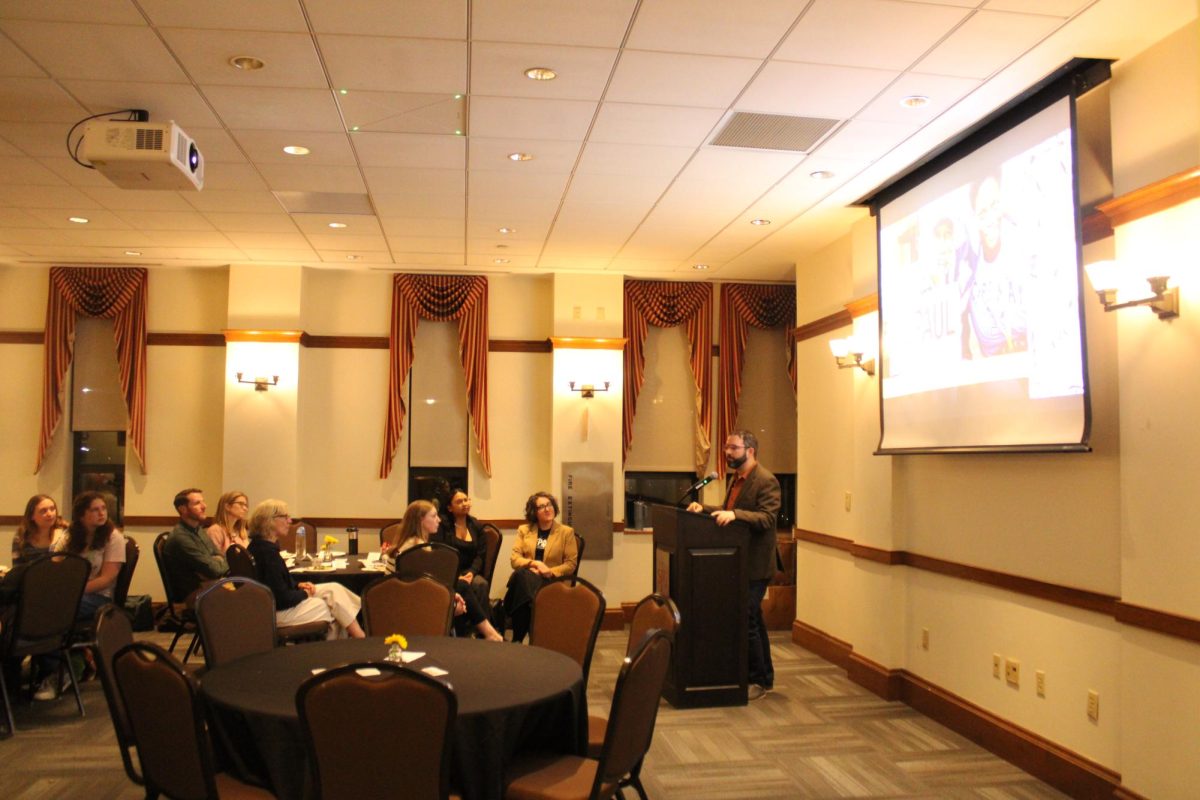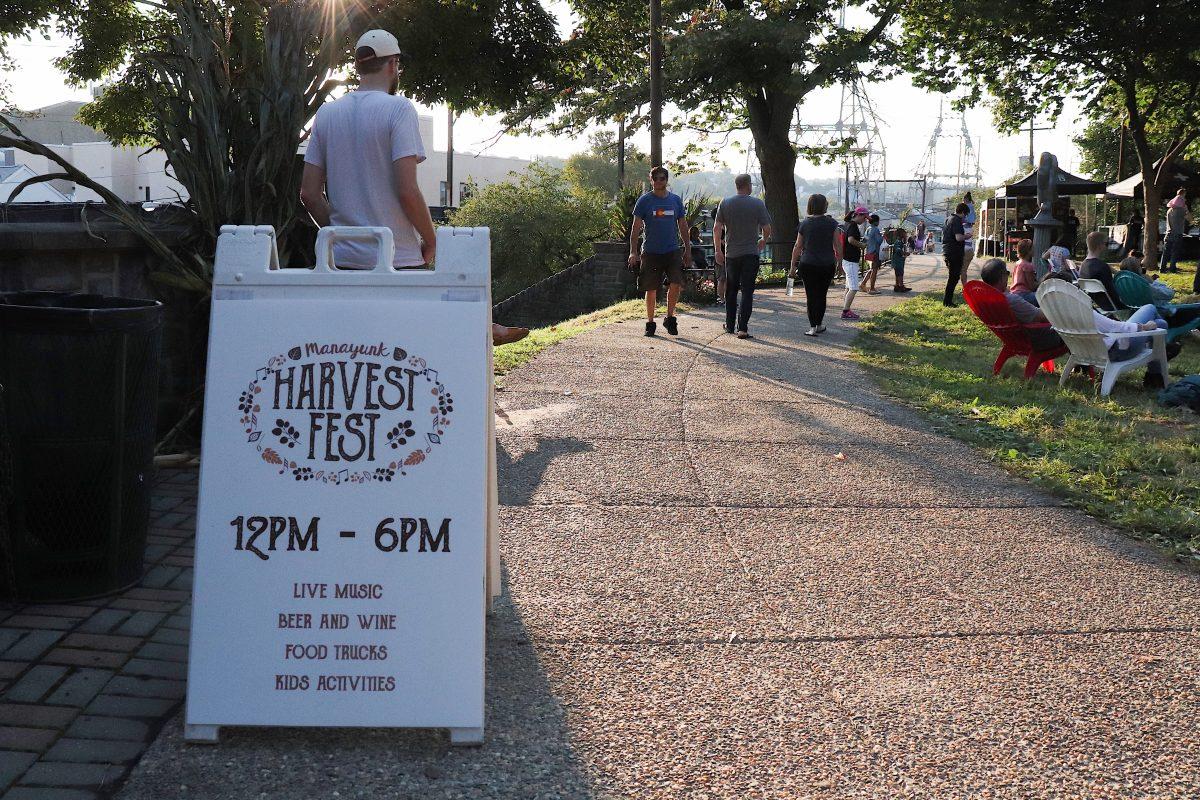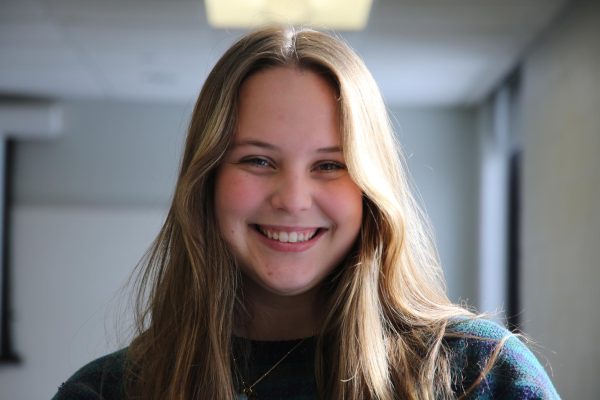The Joseph William and Madeline Eberle Klein Fund sponsored its second dinner and discussion event highlighting housing insecurity amongst college students in Mandeville Hall Nov. 18.
November is nationally recognized as Homelessness Awareness Month. The event, titled “Homelessness Has No Place,” included speeches from Bethany Welch, Ph.D., SSJ, residential director for Depaul USA’s St. Joseph’s House, and Carmel Maranan, a current student at the Community College of Philadelphia who shared her personal experiences with housing insecurity.
Depaul USA is a community-based nonprofit organization that has been providing services to unhoused persons across the country for 15 years and is an affiliate of Depaul International, which provides services to unhoused people internationally. St. Joseph’s House is one of three Depaul houses in Philadelphia that offers housing and services specifically for college students experiencing housing insecurity.
Danielle Critelli ’13, associate director of community partnerships for the Faith-Justice Institute, who helped organize the event, said learning about people’s individual stories instead of making assumptions is crucial in helping us empathize with situations we are unfamiliar with.
“I think everyone needs to have empathy for what we’re each carrying and what our experiences have been and are,” Critelli said. “And know that there’s the giving of grace or giving of benefit to people as they’re progressing through whatever space they’re at in their journey.”
According to a 2020 study by the National Center for Education Statistics, approximately 1.4 million undergraduate students reported experiencing homelessness in the last 30 days during the period of study.
Maranan, who spoke about her personal journey with housing insecurity and living at St. Joseph’s House, said she aimed to remind people that her experience is not a unique one and could happen to anyone.
“I want to challenge the listeners really to think about how quickly one could go from stable and secure to completely being unstable and insecure,” Maranan said. “It only took just a difference of two months, [and] I was homeless. It could take a bad day, or losing a job, and next thing you know, you have to think about how to pick up those pieces.”
Throughout the presentation, Welch emphasized that housing insecurity does not always point to just economic instability.
“It’s not always purely economic. There can be other social factors,” Welch said. “So, if someone’s experienced oppression and discrimination, it’s not something they might want to share publicly because then you’re saying, ‘Not only is this something I’m trying to make sense of for myself, but my family isn’t able to journey with me,’ and then that’s a lot of deep pain.”
Hearing Maranan’s story was impactful for Oscar Nama ’27, who said the speech opened his eyes to the experiences of some students his age he hadn’t considered before.
“I had this assumption that if you can go to college, then you’re not in that demographic that experiences homelessness, so this was really eye opening for me in that regard,” Nama said. “I think just making that connection was something that was really important for me.”
Maranan said living in St. Joseph’s House helped her improve her financial and mental health. She concluded her presentation with words of hope and redemption.
“I came into St. Joseph[’s] filled with fear, anger, and was honestly quite depressed,” Maranan said. “Now, almost two years later, I’m able to get back to the parts of me that were always important and continue fulfilling that promise I made to myself years ago to live a better life.”



















































